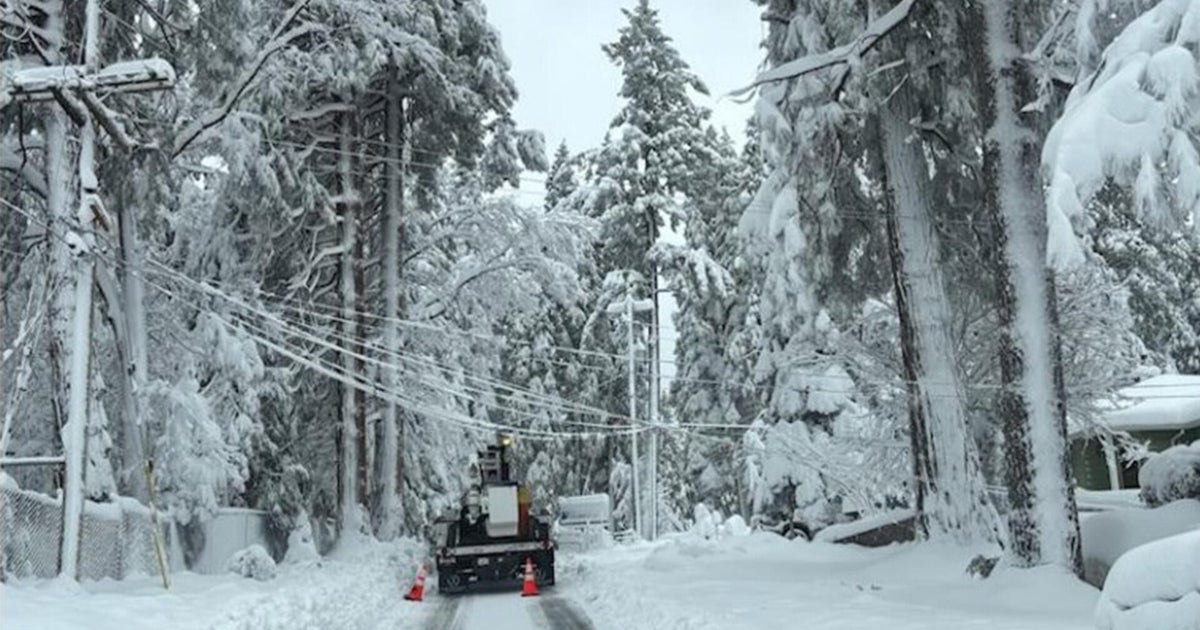State ISO asks Californians to conserve power during Flex Alert
OAKLAND -- Officials with the state's power grid operator are asking residents to voluntarily conserve electricity Wednesday during the Flex Alert as high temperatures increase energy demand across California.
The Flex Alert was announced by the California Independent System Operator on Tuesday and went into effect Wednesday at 4 p.m. It will remain in place until 9 p.m. Cal ISO is predicting an increase in electricity demand, primarily from air conditioning use.
The grid operator is asking all Californians to reduce electricity use during a Flex Alert to prevent further emergency measures, including possible rotating power outages.
PG&E urged residential customers to avoid using large appliances such as dishwashers and washers and dryers during the Flex Alert. For businesses, shutting off computers at the end of the workday can have a big impact, PG&E spokesperson Tamar Sarkissian said.
"This is something that all Californians can help with," Sarkissian said, noting that small contributions can make a big difference.
Businesses that want to help can turn off any office equipment not currently in use, use sleep or power saving modes when possible, and enable power management settings.
PG&E officials also encourage businesses to fully turn off printers and copiers at the end of the day and, if possible, turn them off at the power strip.
While temperatures were not quite as high as they were during Tuesday's heat advisory and excessive heat watch in inland areas of Northern California, it was still quite warm in those parts of the region.
"Temperatures will remain above seasonal averages across the interior while cooler conditions persist near the coast," the weather service said of Wednesday. "Temperatures return to near normal values by the upcoming weekend."
Rate payers and consumers should turn off unnecessary lights, and delay using major appliances during that time. They should also set the thermostat on their air conditioners to 78 degrees or higher.
For more conservation tips visit FlexAlert.org.







